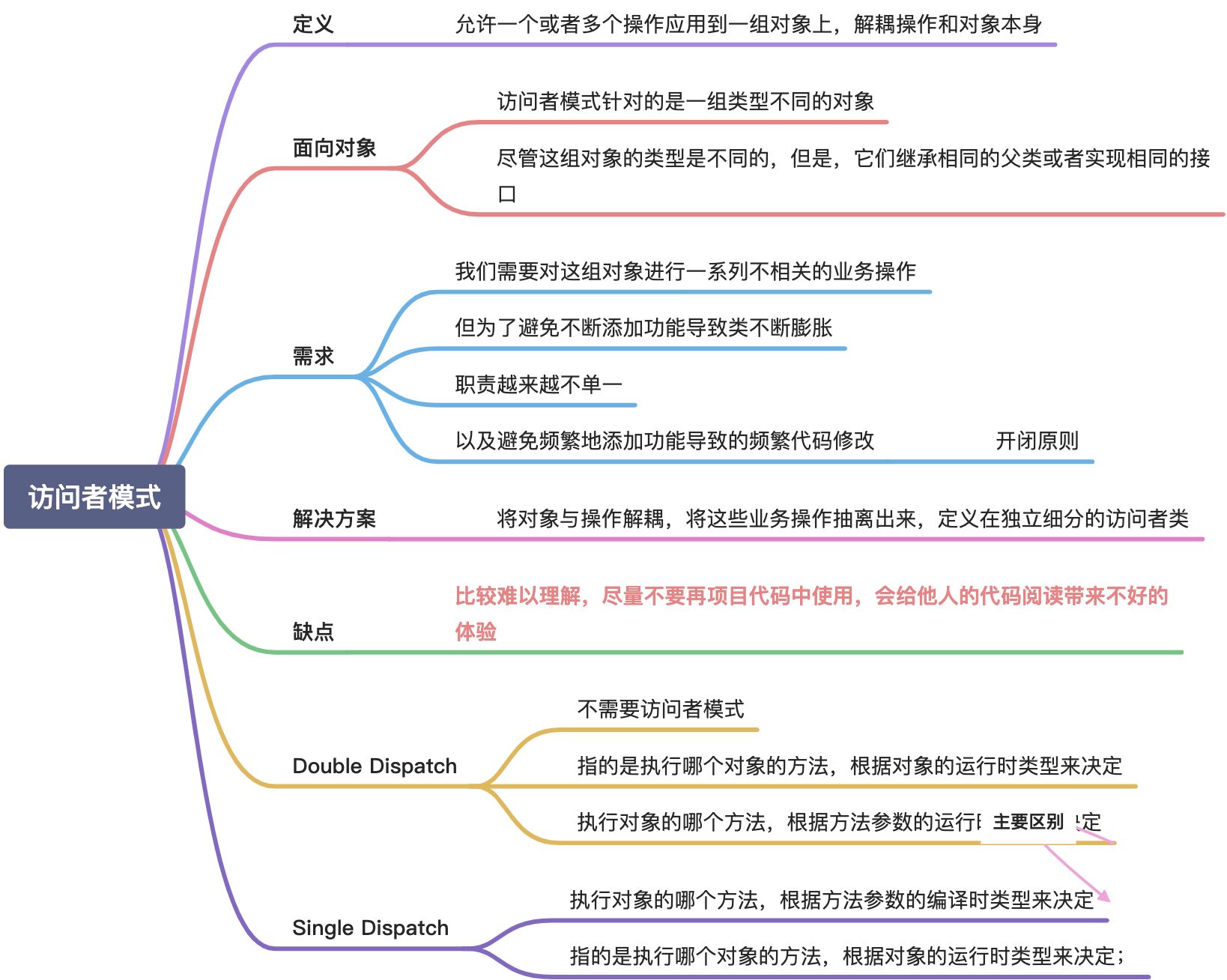1
2
3
4
5
6
7
8
9
10
11
12
13
14
15
16
17
18
19
20
21
22
23
24
25
26
27
28
29
30
31
32
33
34
35
36
37
38
39
40
41
42
43
44
45
46
47
48
49
50
51
52
53
54
55
56
57
58
59
60
61
62
63
64
65
66
67
68
69
70
71
72
73
74
75
76
77
78
79
80
81
82
| package visitor
import (
"testing"
"github.com/stretchr/testify/require"
)
func TestCompressor_Visit(t *testing.T) {
tests := []struct {
name string
path string
wantErr string
}{
{
name: "pdf",
path: "./xx.pdf",
},
{
name: "ppt",
path: "./xx.ppt",
},
{
name: "404",
path: "./xx.xx",
wantErr: "not found file type",
},
}
for _, tt := range tests {
t.Run(tt.name, func(t *testing.T) {
f, err := NewResourceFile(tt.path)
if tt.wantErr != "" {
require.Error(t, err)
require.Contains(t, err.Error(), tt.wantErr)
return
}
require.NoError(t, err)
compressor := &Compressor{}
f.Accept(compressor)
})
}
}
func TestCompressor_Visit2(t *testing.T) {
tests := []struct {
name string
path string
wantErr string
}{
{
name: "pdf",
path: "./xx.pdf",
},
{
name: "ppt",
path: "./xx.ppt",
},
{
name: "404",
path: "./xx.xx",
wantErr: "not found file type",
},
}
for _, tt := range tests {
t.Run(tt.name, func(t *testing.T) {
f, err := NewResourceFile(tt.path)
if tt.wantErr != "" {
require.Error(t, err)
require.Contains(t, err.Error(), tt.wantErr)
return
}
require.NoError(t, err)
compressor := &Compressor{}
compressor.Visit(f)
})
}
}
|



